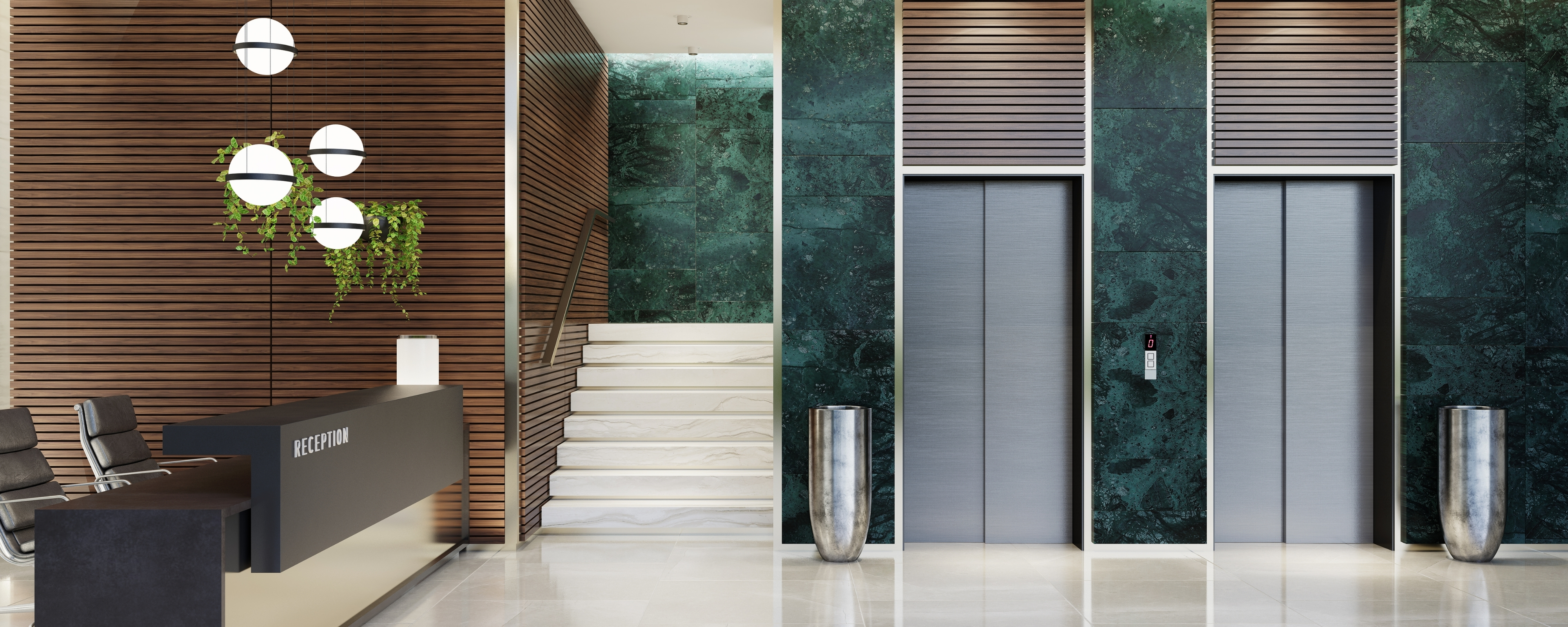News
How Modern Building Solutions Boost the Hospitality Industry

In hospitality, guest satisfaction is the ultimate mission. For hospitality-oriented businesses like hotels, their guests' comfort, safety, and enjoyment take primary importance. At Mitsubishi Electric, we help achieve these goals with our innovative building technologies. Alongside pleasing accommodations and amenities, hotel owners must also invest in their establishment’s backbone: essential building systems, like vertical transportation and heating, ventilation, and air conditioning (HVAC).
Beyond basic comforts and conveniences, if engineered for excellence, these installations can significantly enhance any guest’s stay and strengthen a business’s standing. Read on to learn more about the world-class building solutions that contribute to a world-class guest experience, available through International Elevator & Equipment, Inc. (IEE) in the Philippines.
Redefining and Elevating Vertical Transport
While elevators and escalators may now be commonplace fixtures in modern hotels, we at Mitsubishi Electric go the extra mile with our vertical mobility solutions that transcend the ordinary and offer extraordinary benefits. Our observation elevators transform simple interlevel travel into an unforgettable experience for guests, providing them with the added enjoyment of beautiful views on their way up and down—a thoughtful touch that guests of all ages, including children, can appreciate.
Similarly, Mitsubishi Electric manufactures the world’s first and only spiral escalators. These architectural wonders service the guests of highly reputed establishments all over the world. More than just level-to-level mobility, our spiral escalator’s unique curved design makes otherwise uninteresting escalator rides magical, with panoramic views that uplift the guest experience.
Beyond aesthetic appeal, the installation and upkeep of safe, working elevators and escalators also improves a hotel’s inclusivity. By upholding the principles of accessible tourism, a hotel can better accommodate its guests and welcome an even larger, more diverse market, attracting visitors from all walks of life—including persons with disabilities, the elderly, and more.
In line with this, our vertical transport solutions are known for safety, with extensive standard and optional emergency features. And in addition to delighting guests, our mobility technologies can also streamline hotels’ operations, as in the case of our Ryoden Dumbwaiter freight-only elevators that seamlessly link upper and lower floors for swift service delivery.
Innovative Air Conditioning for Smart Comfort
Like elevators and escalators, reliable air conditioning (AC) is also essential for a comfortable and accommodating guest experience. Mitsubishi Electric’s VRF City Multi Systems are the perfect choice for hospitality establishments, thoughtfully engineered with various technological advantages, including energy efficiency through smart occupancy sensors that turn off AC operation in empty rooms, preventing power waste.
For the hospitality sector, efficient energy use is a must, especially in regard to their HVAC systems, which can take up a significant share of hotels’ power consumption [1], thereby contributing to tourism’s carbon footprint [2]. The VRF City Multi Systems are also designed for low noise generation to ensure a peaceful and pleasant stay for guests—maximizing guest comfort while minimizing energy use.
Strong and Sustainable Hospitality with Mitsubishi Electric Technologies
More than just standard fixtures, our high-quality building technologies add incredible value, comfort, aesthetic charm, and accessibility to any hospitality establishment. By enhancing the guest experience, we aim to benefit not only the business, but also the locality’s tourism industry as a whole.
Provide guests with the world’s best, delivered through IEE. Send us an inquiry to get started.
[1]Yamile Díaz Torres et al., “Heating Ventilation and Air-Conditioned Configurations for Hotelsan Approach Review for the Design and Exploitation,” Energy Reports 6 (November 2020): 487–97, https://doi.org/10.1016/j.egyr.2020.09.026.
[2]Manfred Lenzen et al., “The Carbon Footprint of Global Tourism,” Nature Climate Change 8, no. 6 (May 7, 2018): 522–28, https://doi.org/10.1038/s41558-018-0141-x.

